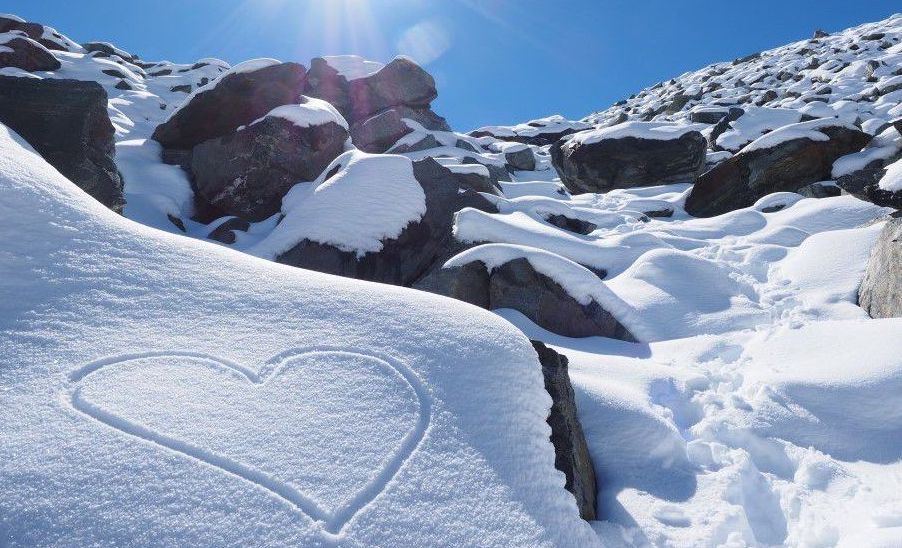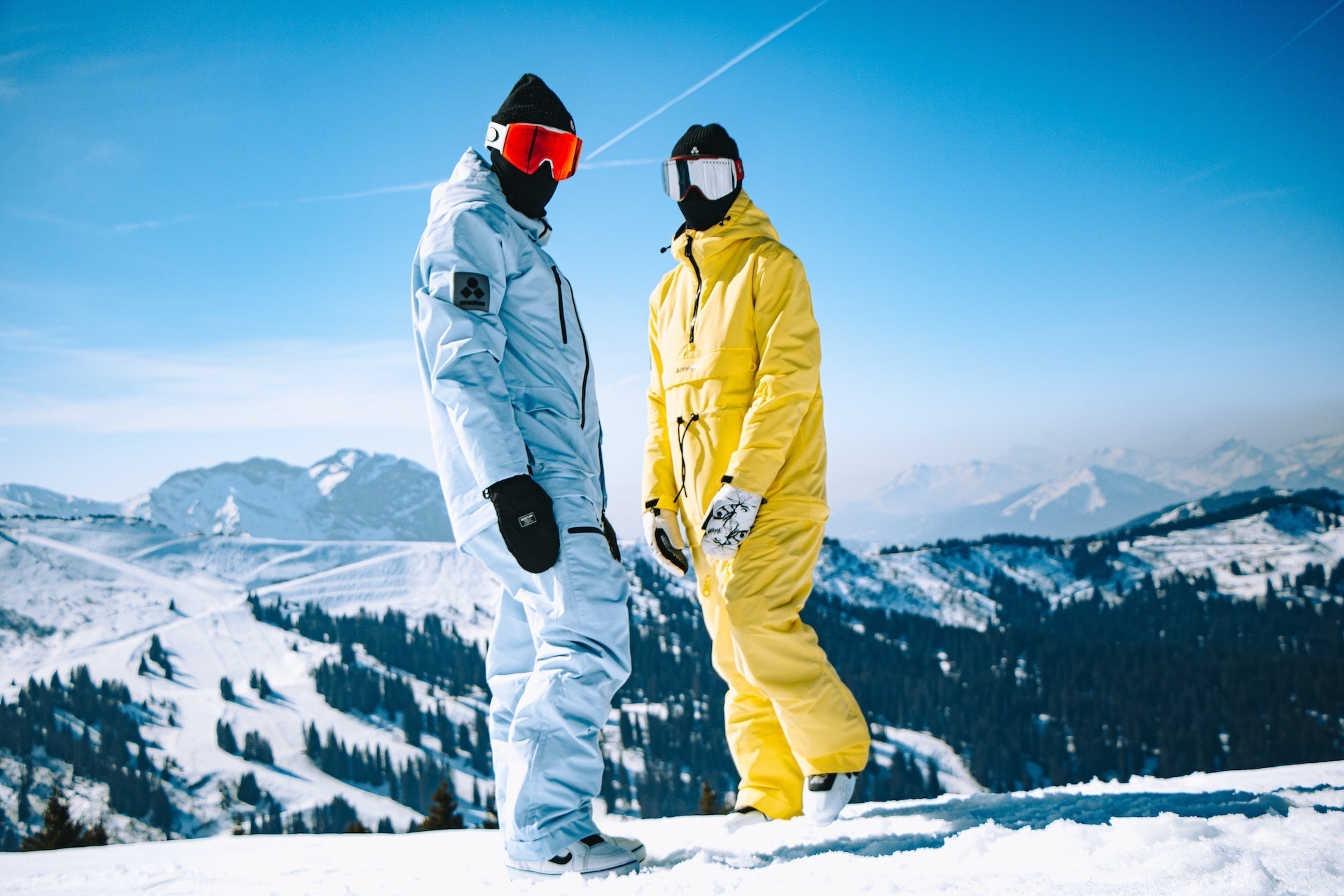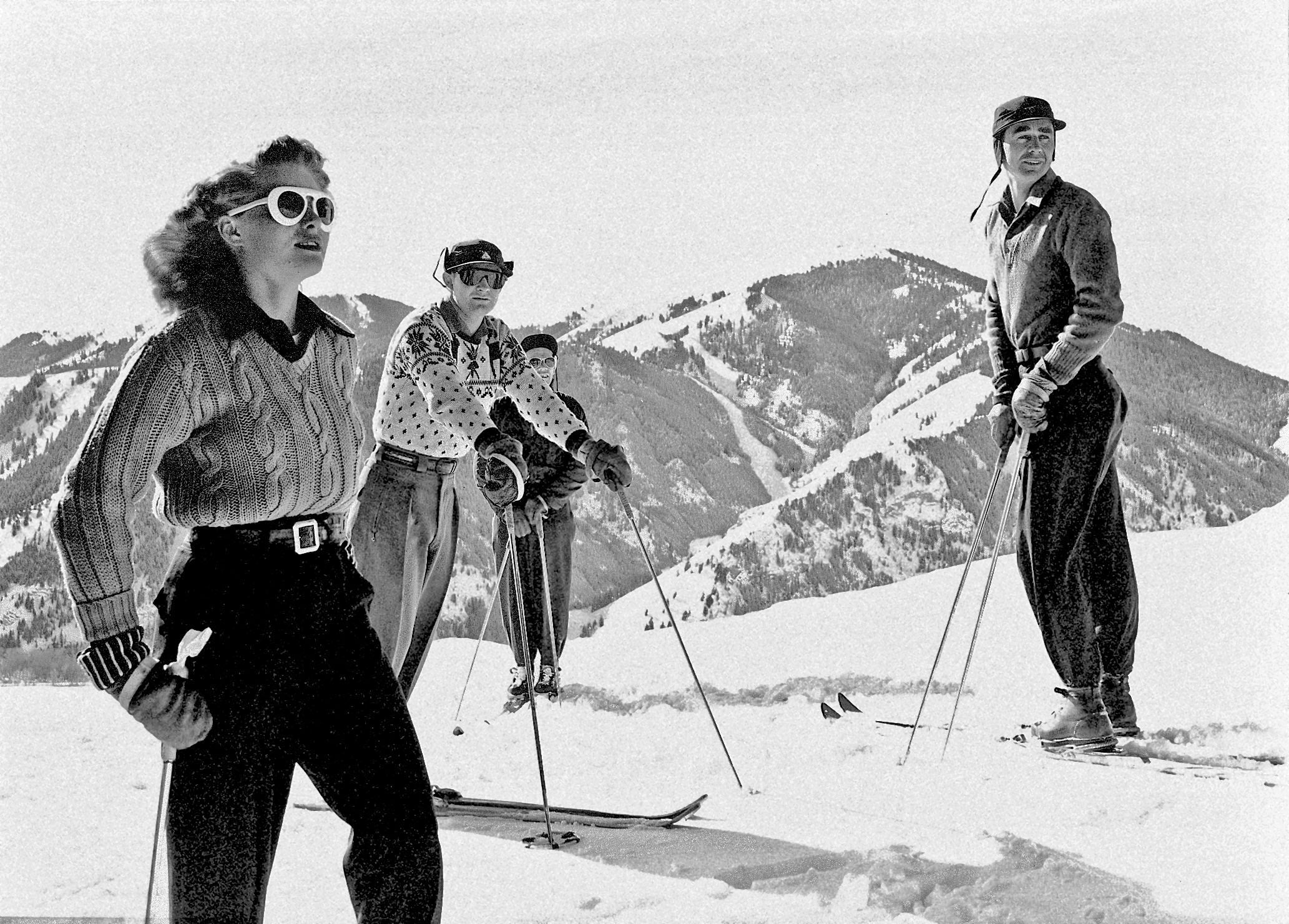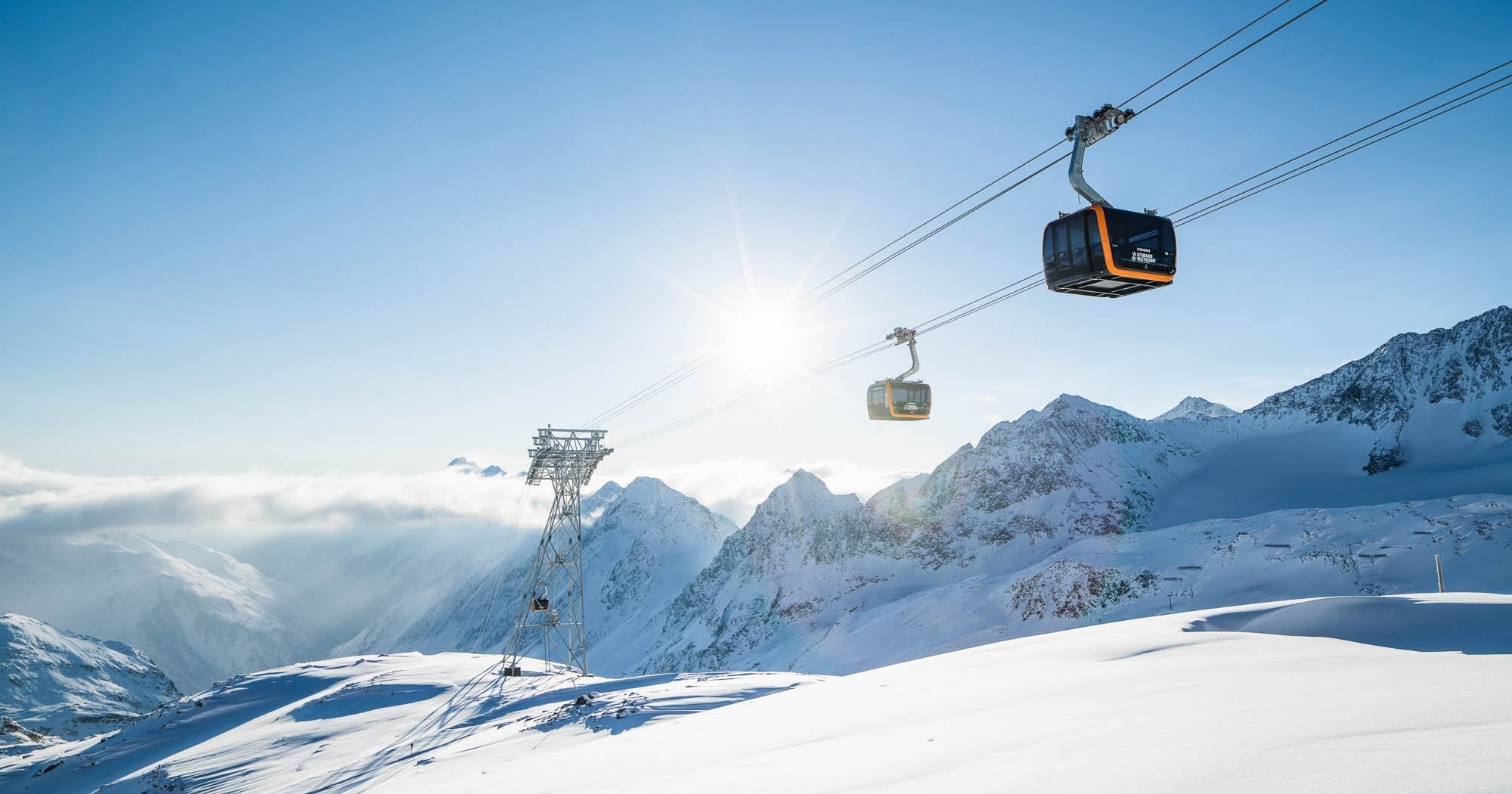
Mental Health Awareness in Snow Sports: Breaking the Silence
As we recognize World Mental Health Day, it’s a powerful moment to reflect on the mental wellbeing of the snow sports community. Whether you’re chasing podiums on the World Cup circuit, teaching ski lessons at a local resort, or hiking for turns in the backcountry, mental health is just as vital as physical fitness when it comes to thriving on—and off—the mountain.
In competitive skiing and snowboarding, athletes face immense pressure to perform. Alpine racers push themselves to the limit for hundredths of a second, freestyle skiers and snowboarders throw increasingly complex tricks under the scrutiny of judges and media, and back-to-back competition schedules leave little room for recovery. Olympic and X Games champions like Mikaela Shiffrin and Shaun White have spoken openly about anxiety, grief, and burnout, helping to normalize the conversation around mental health in elite snow sports.
Outside of the spotlight, many in the snow sports industry work in unpredictable and often isolating environments. Ski patrollers, lifties, instructors, park crew, and avalanche forecasters may spend entire seasons in remote mountain towns, often far from their support systems. Long hours, inconsistent income, physical exhaustion, and the seasonal nature of employment can all contribute to feelings of stress, loneliness, and depression.
Thankfully, the culture is beginning to shift. National governing bodies, ski schools, and resort operators are increasingly acknowledging the importance of mental health. Programs now offer access to counseling services, peer support training, and mental health first aid. Campaigns like the UK’s #BeKindToYourMind and athlete-led initiatives are encouraging open dialogue across ski clubs, terrain parks, race teams, and resort staff rooms.
World Mental Health Day is a reminder that resilience isn’t just about pushing through pain—it’s also about knowing when to speak up, reach out, and take care of your mind. In snow sports, we celebrate strength, speed, and style. It’s time we also celebrate vulnerability, balance, and connection. Let’s keep building a snow sports culture where everyone feels safe, supported, and seen.




